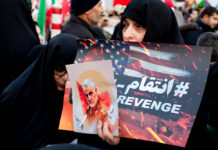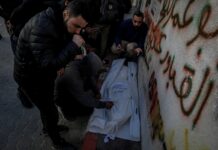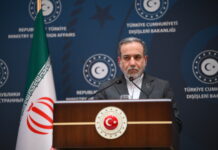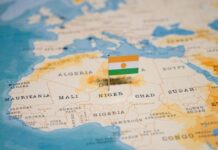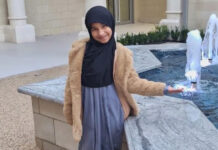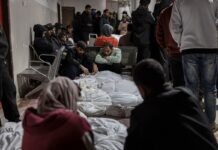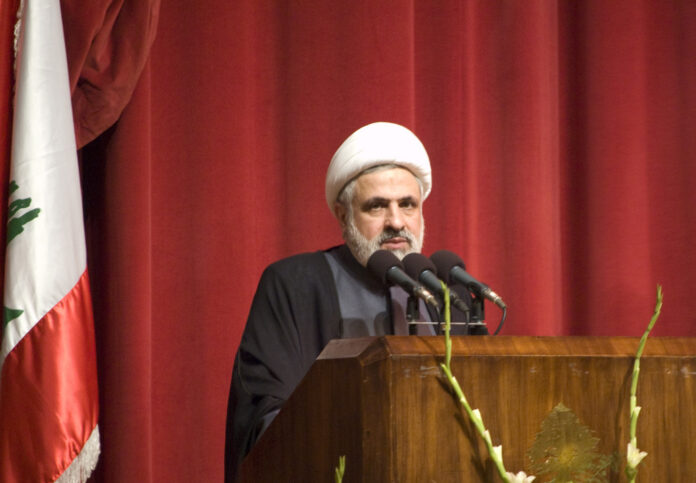
The Lebanese group Hezbollah has said that its military strength remains unharmed despite the assassinations of several of its key leaders by Israel.
The claim, by Hezbollah Deputy Secretary-General Naim Qassem, contradicts Israel’s assertion that Hezbollah has been “battered and broken” following continuous strikes against the group and the killing of its leader Hassan Nasrallah.
In a speech today, Naim Qassem said: “The group is well-organised, and we have recovered from the severe blows. Alternatives have been secured at all sites without exception.”
Qassem also expressed Hezbollah’s support for political efforts led by Parliament Speaker Nabih Berri (from the Shia Amal movement) aimed at achieving a ceasefire with Israel.
“We have complete trust in our elder brother, Berri… We fully back the political efforts led by Berri, with the primary objective being a ceasefire.”
Qassem stated that any other discussions “do not concern Hezbollah until a ceasefire is reached.”
Berri and Lebanon’s caretaker Prime Minister, Najib Mikati, have engaged with various Western officials, including French Foreign Minister Jean-Noel Barrot, to de-escalate tensions between Lebanon and Israel and to implement UN Security Council Resolution 1701, which ended the 2006 conflict between Israel and Lebanon.
Subscribe to our newsletter and stay updated on the latest news and updates from around the Muslim world!
This resolution called for a ceasefire, the withdrawal of Israeli forces from Lebanon, and the deployment of the Lebanese army and an expanded United Nations Interim Force in Lebanon (UNIFIL) to maintain peace and stability.
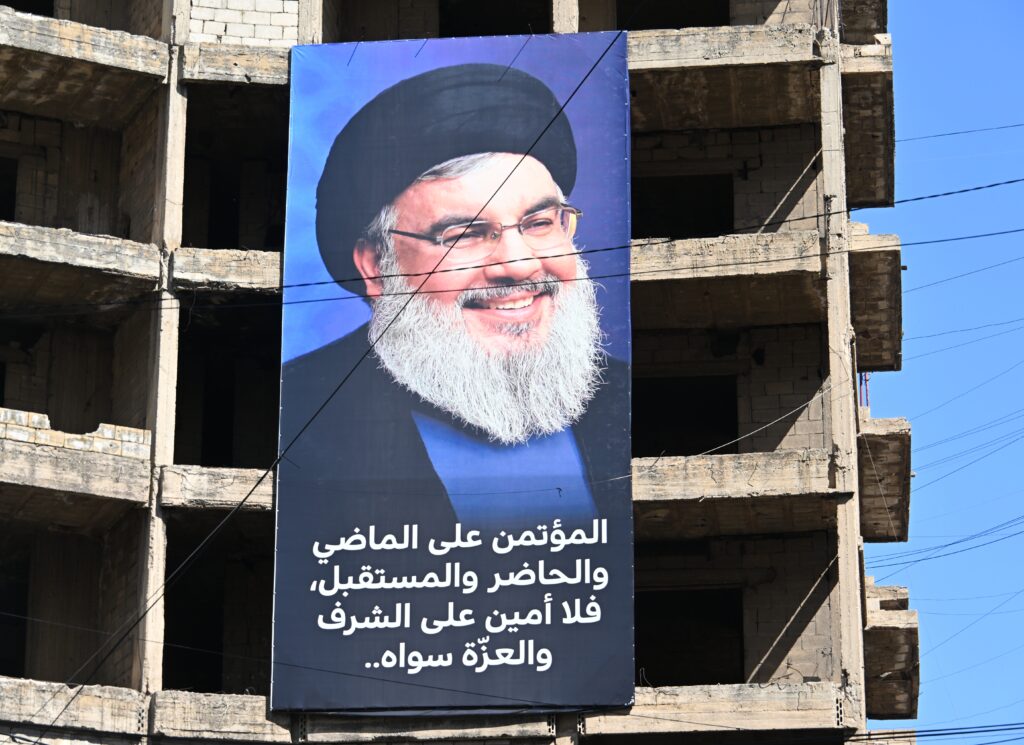
The current discussions centre on a proposal for a four-week truce, aiming for a cessation of hostilities between Hezbollah and Israel, followed by a full ceasefire. The initiative also includes reconstruction efforts, the return of displaced persons, and the delineation of borders.
in his speech today, Qassem also claimed that Israel was attacking Lebanon even before Hezbollah became involved in the conflict with Tel Aviv.
“(Israeli Prime Minister Benjamin) Netanyahu aims for a new Middle East,” he said. “Israel seeks to impose its policies on the countries and people of the region.”
He also asserted that Israeli casualties in Lebanon “are significant, though not publicly acknowledged by Tel Aviv.”
“Without support from the U.S. and the West, the Israeli offensive in Gaza would have ended within a month,” Qassem claimed.
In other comments he said:
- The Axis of Resistance is a huge front in face of Israeli aggression
- Iran remains firm in its stance of supporting the Palestinian, Lebanese resistance
- The only aim of Israel is to kill more civilians in Lebanon
- Hezbollah and the Amal Movement are united against Israel
- History has proven that the Zionist regime is a danger to the region and world
On the other hand, Israeli Defence Minister Yoav Gallant said today that Hezbollah “is a battered and broken organisation, without significant command and fire capabilities, with a disintegrated leadership following the elimination of Hassan Nasrallah”.
Since Sept. 23, Israel has carried out extensive airstrikes across Lebanon, targeting Hezbollah positions and causing the deaths of over 1,250 people, injuring 3,618, and displacing more than 1.2 million people, according to reports.
This aerial bombardment marks an escalation in the yearlong cross-border conflict between Israel and Hezbollah, which intensified following Tel Aviv’s offensive on Gaza that has resulted in nearly 42,000 deaths, primarily among women and children, since a Hamas attack last year.
Lebanese authorities have reported at least 2,083 deaths and 9,869 injuries from Israeli attacks in Lebanon.
Despite growing international concern that the Middle East is on the verge of a broader regional war due to Israel’s continued strikes on Gaza and Lebanon, Tel Aviv further escalated the conflict by launching a ground invasion into southern Lebanon on October 1.







